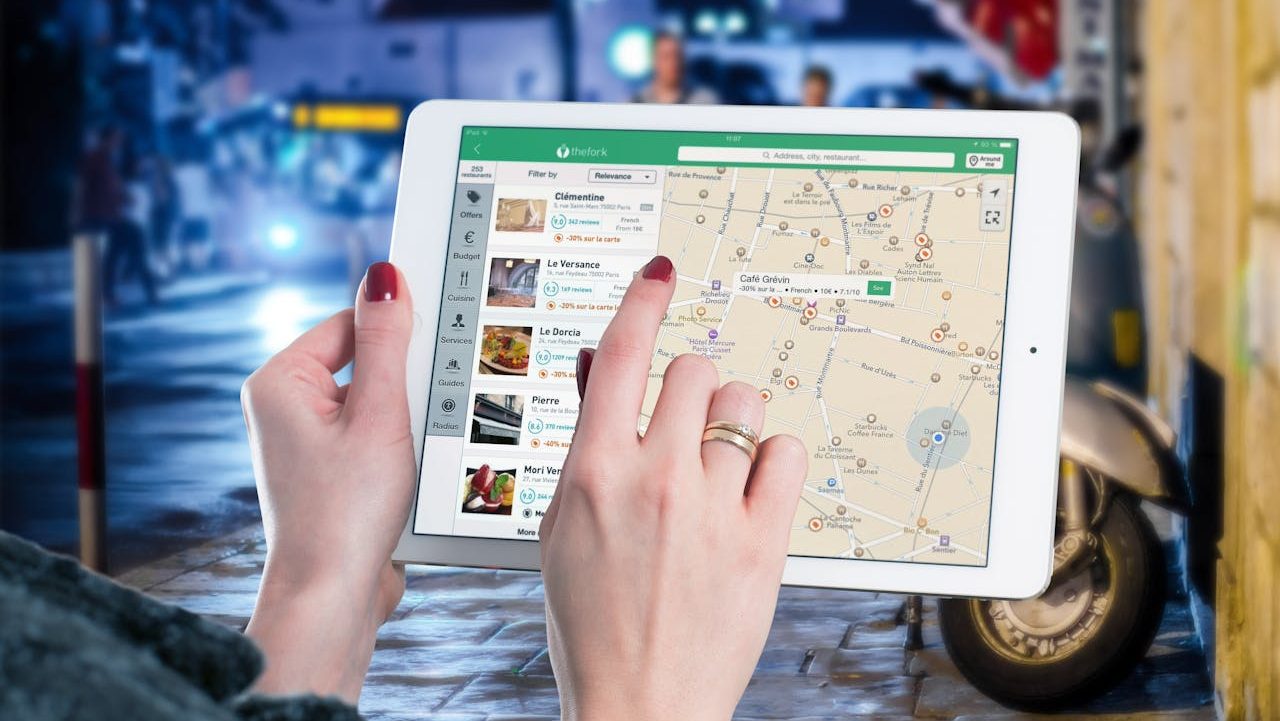In the age of instant information and seamless connectivity, it’s hard to imagine life without a smartphone in our pocket. Gen Z, the first generation to grow up in a world where technology evolves at lightning speed, has never known a time when cell phones weren’t capable of answering almost any question in an instant. They’ve never had to endure the agonizing sounds of dial-up internet or the slow, unpredictable speeds of early online connections. And for them, the idea of navigating without GPS seems almost unfathomable.
An article published by Upworthy talked about how a generation that’s accustomed to having directions at their fingertips might struggle to comprehend how people managed to get from place to place before the convenience of Google Maps. One curious Gen Z’er, Aneisha, took to social media to ask a simple question: “How did people get around before GPS?”
The search for answers – mapquest, paper maps, and gas station directions
Aneisha’s question sparked a wave of responses from older generations, each sharing their memories of navigating the pre-GPS world. It turns out even Millennials, who grew up in the early days of internet navigation, were caught off guard by the question. Many responded with a reference to Mapquest, the now-obsolete service that helped users plan routes before the days of real-time GPS. However, Mapquest itself required the internet—something that was often inaccessible when travelling in remote areas.
For those even older than Millennials, memories of using paper maps or relying on landmarks were more common. One person recalled glancing at a map before leaving and then pulling over occasionally to verify the route. Others shared stories of stopping at gas stations and asking for directions from the attendants, often with humorous results. “Pulled over and asked the guy at the gas station,” one person wrote, to which another added, “and then ask the guy down the street to make sure you told me right.”
Aneisha, wide-eyed and incredulous, responded, “That’s crazy; I can’t even read a map.”
How the world has changed – from lost to ‘found in an instant’
Imagine being stranded on a road trip without the ability to check your location or call a friend for help. Before the days of GPS, this was a reality many faced. With no smartphones, if you got lost, there was no immediate way to communicate your location or even look it up online. If you were lucky, you could find a payphone and make a call, but that was often only after hours of uncertainty and frustration.
The notion of not being able to simply share your location with loved ones or ask Siri for directions seems almost dystopian today. However, this was the reality just a couple of decades ago. If you dropped someone from 1993 into the world of 2024, they might assume they were living in a futuristic sci-fi movie.
Technology has dramatically reshaped our lives, making everything from communication to navigation easier and more efficient. But for Gen Z, the rapid pace of innovation means they’ve never had to experience the struggles of pre-GPS travel. They are, in many ways, a product of their digital world—one where getting lost is simply not an option.

